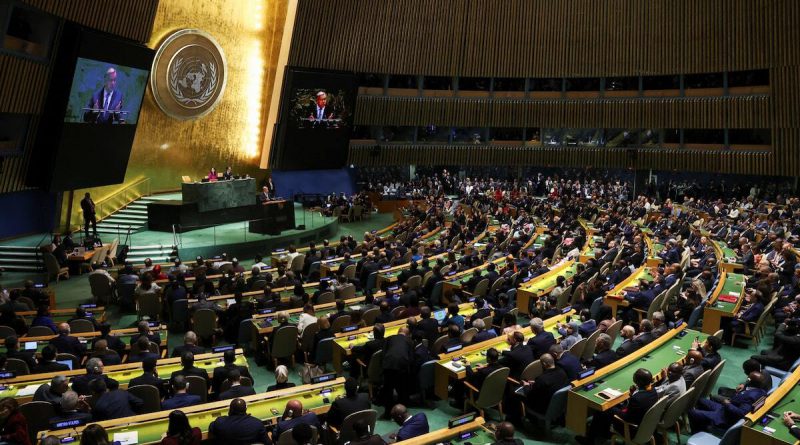Historic Moment Looms: UN Poised for First Female Secretary-General
New York – In a groundbreaking moment for global diplomacy, the United Nations is approaching a historic milestone: for the first time in its 80-year history, the world body could appoint a female secretary-general. With Secretary-General Antonio Guterres set to complete his second five-year term at the end of 2026, discussions at the 80th U.N. General Assembly have increasingly emphasized the importance of gender equality at the highest level of international leadership. This unprecedented opportunity underscores a growing global recognition of women’s contributions to diplomacy, peacebuilding, and sustainable development.
World leaders at this year’s General Assembly highlighted the need for ambitious selection criteria, transparency, and a process that reflects both geographical diversity and gender balance. The move represents not only a symbolic step toward inclusivity but also a tangible enhancement of decision-making processes within the United Nations. Female leadership at this level is widely seen as a catalyst for broader representation, stronger accountability, and more equitable governance across international institutions.
Regional balance is expected to play a key role in the selection process. Traditionally, the secretary-generalship rotates among global regions, and while Guterres’ term marked a period for Eastern Europe, Latin America is widely anticipated to produce the next candidate. Several countries in the region are promoting candidates who bring extensive experience in peace, climate justice, human rights, and sustainable development, demonstrating the growing capability and global reach of female leadership.
Former Chilean President Michelle Bachelet, recognized internationally for her work in human rights and development, has emerged as a strong contender, garnering broad support from regional leaders. Her potential appointment reflects a commitment to bridging divides between regions, promoting dialogue between nations, and reinforcing the U.N.’s mission to foster global cooperation.
The selection process, conducted by the 15-member Security Council and confirmed by the General Assembly, has evolved in recent years to enhance transparency and inclusivity. Candidate nominations are now circulated to all member states, ensuring a more participatory process that prioritizes competence, experience, and global representation. Experts emphasize that this historic appointment will strengthen the U.N.’s credibility, signal a renewed commitment to gender equality, and inspire young leaders worldwide.
As the U.N. prepares to elect its next secretary-general in 2026, the global community is watching closely. The potential for a woman to lead the organization marks a pivotal moment in international governance, setting a precedent for future generations and reaffirming the U.N.’s role as a forward-looking institution that embraces diversity, leadership, and sustainable global progress.



